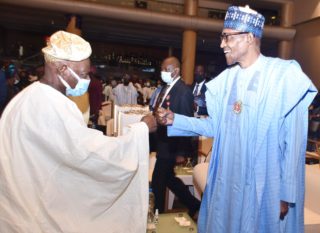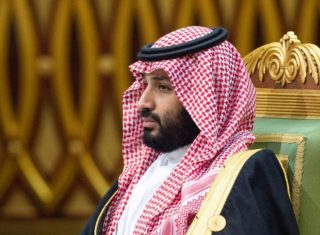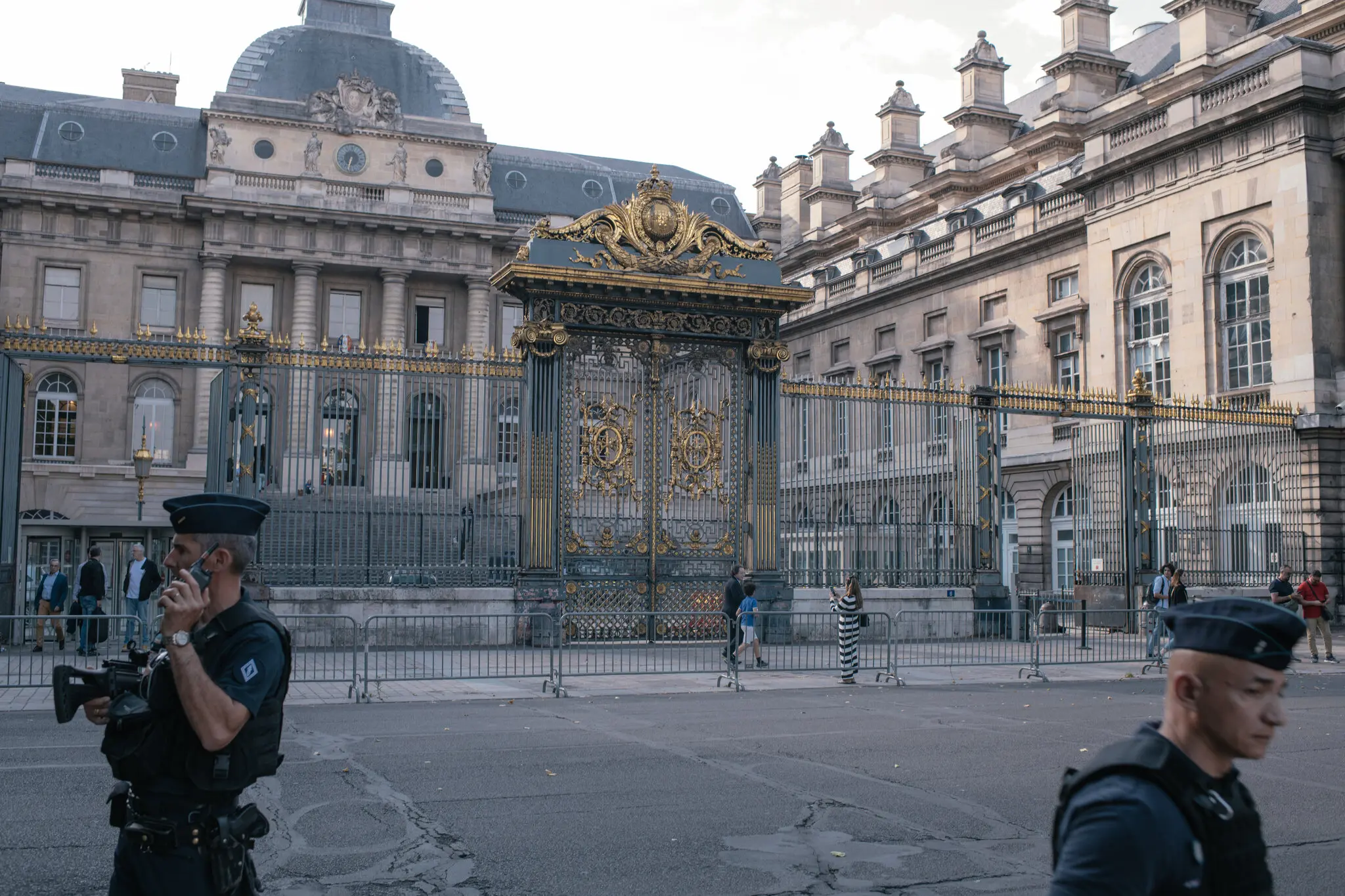
PARIS — Twenty men were convicted on Wednesday for their roles in the worst Islamist terrorist attack in French history, a coordinated spree of shootings and bombings in November 2015 that killed 130 people in and near Paris and injured more than 500, leaving lasting scars on the nation’s psyche.
Capping a record 10-month trial, Salah Abdeslam, the only surviving member of the team of Islamic State extremists who carried out the attacks, was found guilty by a panel of judges of all the charges against him and sentenced to life in prison, eligible for parole only after 30 years and under extremely stringent conditions — a rare sentence in France that makes future release unlikely.
Other defendants, who stood accused of intending to take part in the attacks or of providing various degrees of logistical help to the attackers, were found guilty of almost all charges against them, with sentences ranging from two years to life in prison, and, in some cases, some of that time suspended.
“I think it’s a fair verdict,” said Arthur Dénouveaux, who survived a shooting at the Bataclan concert hall and is now president of Life for Paris, a victim support group. He called it a “sign that we managed to understand what happened and to try it dispassionately.”
The trial shed light on the bloodiest in a string of terrorist attacks in Europe over a span of a few years — in Brussels, Nice, Berlin, Barcelona and in Paris more than once. Since then, a series of smaller-scale stabbings and shootings in France have kept the terrorist threat in focus, prompting authorities to broadly expand counterterrorism and anti-extremism legislation.
The events of that period deeply traumatized France and continue to shape national debates over French identity, the place of Muslims in a country that identifies itself as secular, and the balance between individual liberty and collective security.
Week after week, hundreds of people testified under tight security in a giant Paris courtroom built specifically to accommodate over 500 — lawyers, survivors, families of victims, defendants, experts, and even the president of France at the time of the attacks, François Hollande, a first for a former French leader. It was also one of the few trials in France to be filmed, for historical research purposes, and the first that plaintiffs could follow live on internet radio.
In a statement after the verdict, Mr. Hollande said: “France showed that our democracy can be firm without undermining its rules and principles.”
The court found 19 of the defendants guilty of all the charges against them, which included being accomplices to murder and hostage-taking, as well as taking part in a terrorist conspiracy. One defendant was convicted on the lesser charge of taking part in a criminal conspiracy.
It was neither France’s first reckoning with the legacy of that time, nor the last. In December 2020, 14 men were convicted of aiding in the 2015 attacks against the Charlie Hebdo satirical weekly and a kosher supermarket that killed 17 people. A trial in the July 2016 truck attack that killed 86 people in Nice, is scheduled to begin in September.
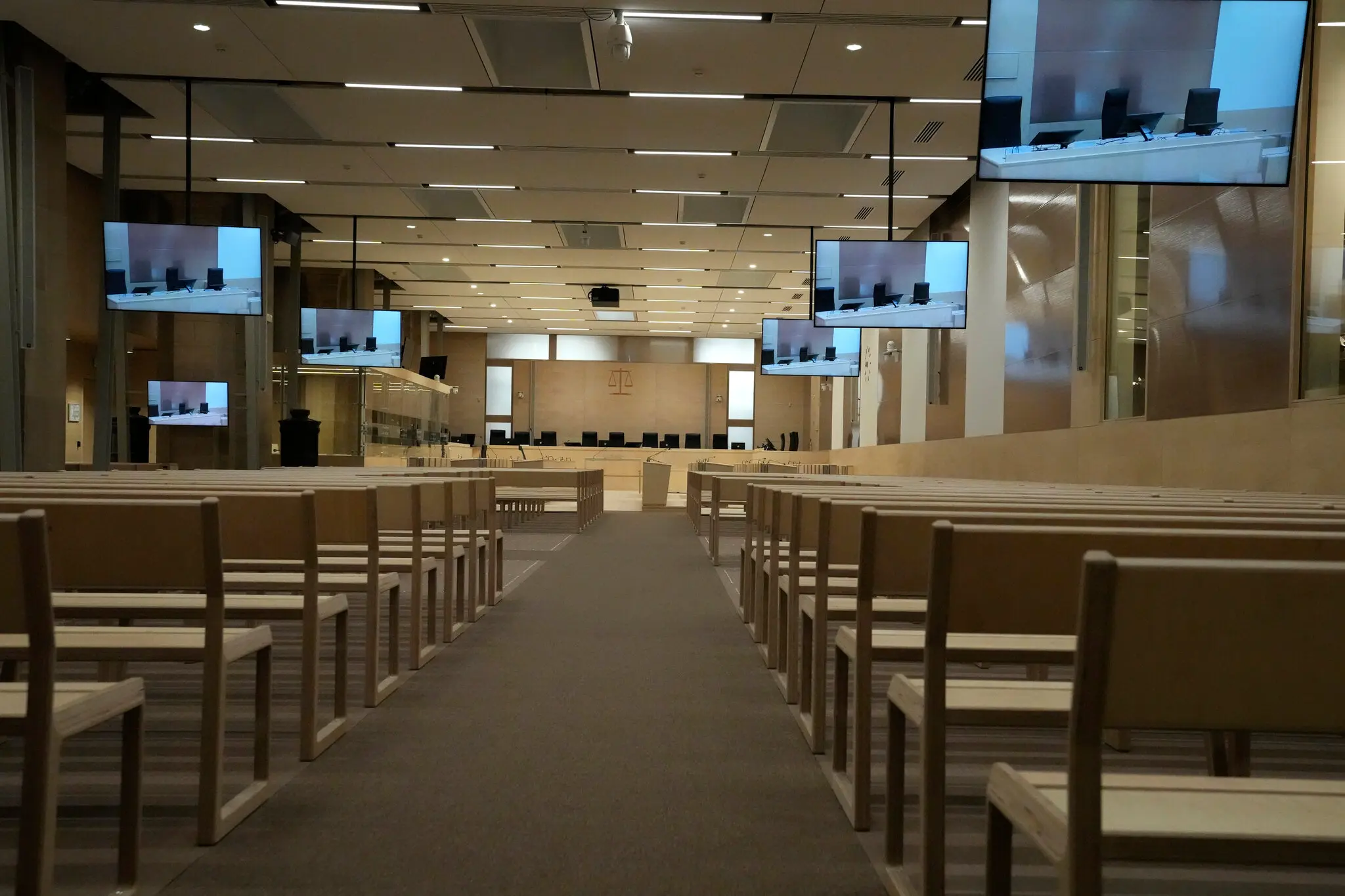
An enormous custom-designed courtroom was built to accommodate the more than 500 participants in the trial, which was held in Paris. Francois Mori/Associated Press
The sentences announced Wednesday can be appealed, and the court did not get all the answers that it wanted from the defendants, several of whom remained mostly silent.
Prosecutors were unable to determine where most of the weapons used in the attack had been acquired, or whether the Islamic State had planned other simultaneous attacks in Paris or at the Amsterdam airport, as suggested by documents later found by investigators. Victims did not always get the clarity they hoped for on the attackers’ motivations or the plot’s conception.
Cédric Maurin, 33, a history teacher who escaped the Bataclan, where the attackers killed 90 concertgoers and held hostages for several hours, said he was frustrated that more information had not emerged, but added, “I have made peace with not having truth.”
Still, the trial carried on methodically, with little fanfare, few incidents and a minimum of political spectacle — even as a global pandemic raged, war erupted in Europe, and France held a presidential election — building day by day into a judicial milestone.
The trial served as a catharsis for some survivors and families of victims, many of whom testified during five emotion-filled weeks about the devastating physical and psychological aftermath of the attacks and the difficult road to recovery. Two survivors killed themselves in the years that followed.
The verdict “will not heal the wounds, visible or invisible, it will not bring the dead back to life, but at least it will be able to guarantee them that justice and law have the last word here,” Camille Hennetier, one of the prosecutors, said this month.
Fabien Petit, whose brother-in-law was killed on a cafe terrace, said the trial had helped him “understand the path” of some attackers and answer questions that had haunted him.
He added, tears in his eyes, that he was “proud of this justice system.”
In the assaults on the evening of Nov. 13, 2015, 10 Islamic State extremists carried out nearly simultaneous shootings and suicide bombings at the Bataclan, an area outside France’s national soccer stadium, and the terraces of cafes and restaurants in central Paris.
The assailants were mostly French citizens who, in a carefully orchestrated plot, had traveled to Islamic State-controlled territory in Syria for military training, before returning to Europe to plan the attacks, mainly in Belgium.
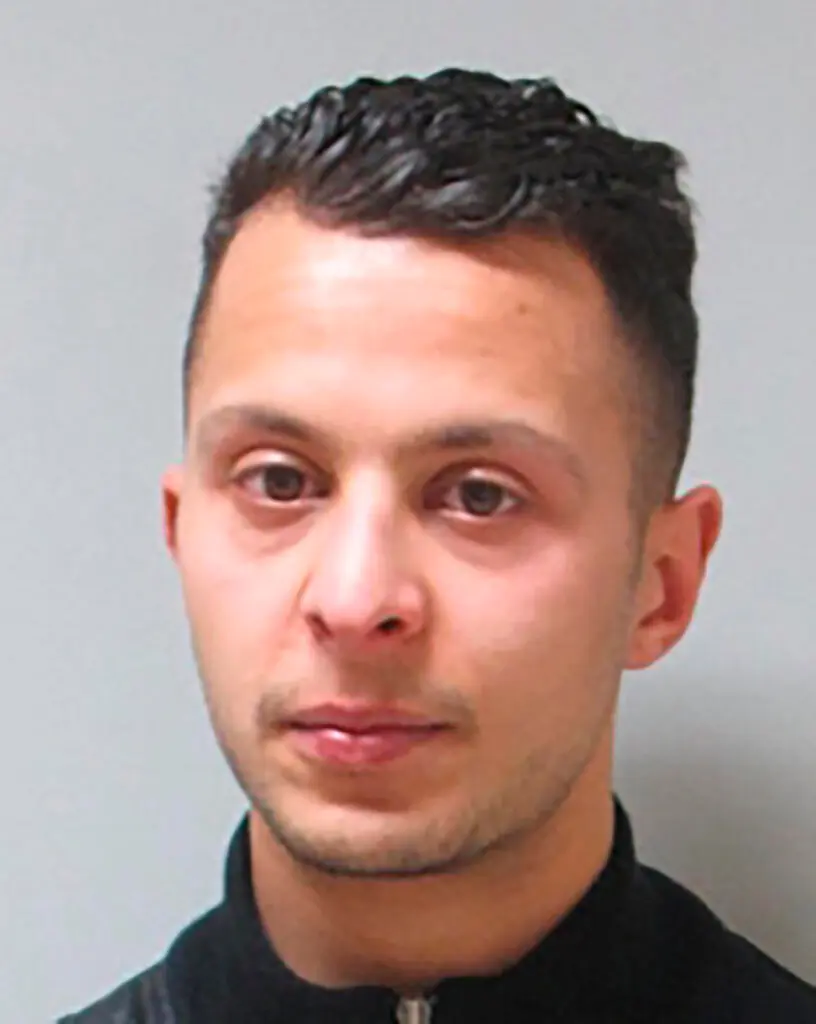
Salah Abdeslam. Belgian Federal Police, via Associated Press
Only 14 of the 20 defendants appeared in court, with the other six missing or presumed dead. As the sole surviving attacker in the dock, Mr. Abdeslam, 32, was the central figure — and perhaps also the most elusive.
Little was initially expected of Mr. Abdeslam, a French citizen of Moroccan ancestry who lived in Belgium and who was arrested after months on the run in Brussels. . He refused to cooperate with investigators before the trial, defiantly telling the court on the first day of proceedings that he was “a fighter for the Islamic State.”
Mr. Abdeslam eventually opened up about his involvement and asked the victims for forgiveness, but he never renounced the Islamic State’s ideology and insisted, contrary to the evidence, that the attacks were in response to French airstrikes in Syria.
He admitted dropping off suicide bombers outside the soccer stadium north of Paris. But he said he had been brought into the plot only two days beforehand and that he changed his mind when he arrived at the bar where he was supposed to blow himself up.
“I made mistakes,” Mr. Abdeslam told the court this week. “But I’m a not a murderer, I’m not a killer.”
But prosecutors argued that the evidence against Mr. Abdeslam, who drove some of the attackers and their accomplices across Europe, showed he was integral to the plot. He had failed to carry out the attack because his suicide belt had malfunctioned, not because of a change of heart, they said, pointing to letters written while he was on the run suggesting he wished he had followed through.
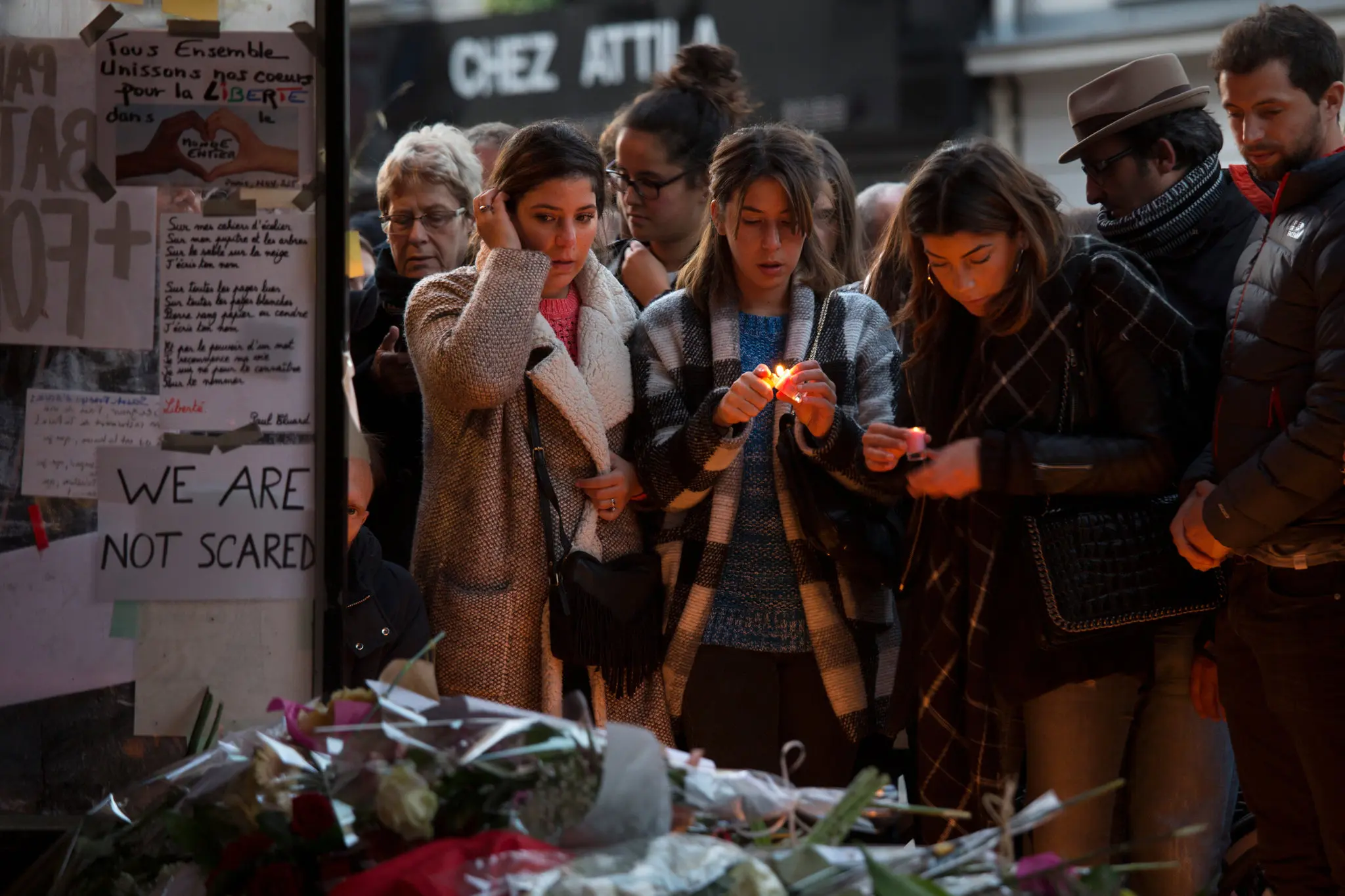
In the days after the Paris attacks, a makeshift shrine outside one of the targets was blanketed with flowers, candles, photos of the victims and handwritten messages. Tyler Hicks/The New York Times
Only Mr. Abdeslam stood directly accused of murder, attempted murder and hostage-taking. Other defendants were charged with planning to take part in the assaults, or helping the attackers by renting hide-outs to stash weapons and explosives, driving them across borders or securing them cash and fake documents.
Some were accused of being hardened Islamist extremists who knew the attack was coming. Others, like Mr. Abdeslam’s childhood friends, were suspected of having helped the plotters without fully knowing what was planned.
Many of those convicted have already spent years in pretrial detention, and the handful of defendants whose sentences are short enough will not return to prison.
Defense lawyers, most of whom belong to a young generation scarred by terror attacks in France, were careful not to defend their clients’ cause. Instead, they urged the court to avoid using a broad brush in judging defendants with different degrees of involvement, and to uphold legal principles they described as endangered by ever-expanding counterterrorism laws.
“There is something more important than the client in a criminal trial,” Margaux Durand-Poincloux, one of the lawyers, said. “It’s democracy.”
Mr. Maurin, who attended the trial almost every week, said he was struck by its emotional and rhetorical depth.
“It was the best and the worst of humanity, all mixed together,” he said. “One can only come out of it changed — and I think enriched.”
FEATURED IMAGE: Outside the Palais de Justice in Paris this month during the trial for the November 2015 attacks. Dmitry Kostyukov for The New York Times
By Constant Méheut and Aurelien Breeden/The New York Time

